Best server distros
We've evaluated the best server distros around to help you and your business make the best choice for your OS


The answer we are looking for here is essentially quite straightforward; the best Linux server distros are, generally, the ones that make setup and management of server hosting a doddle. Windows is, without a doubt, the most used operating system in the world, particularly on desktop PCs, but when it comes to web server OS, it's Linux, hands down.
Which Linux distro your business uses is largely down to need. Different distros do different things, and within that are quality, value, and budgetary considerations to mull over. It isn't as simple as picking the best of the best, regardless – ITPro, however, is here to help.
The best server distros
When it comes to production servers, the important thing to remember is that you need to prioritize stability, with solid servers that need as little maintenance as necessary. And, unless you have specific hardware and or software requirements, you need long-term security updates, which include any repo packages you use, as they're crucial.
It is for those reasons that it is generally best practice to use distros that offer stable, long-term support versions, responsive security updates, and that are familiar so that troubleshooting is a breeze. For this, Ubuntu and Red Hat are particularly good and popular choices.
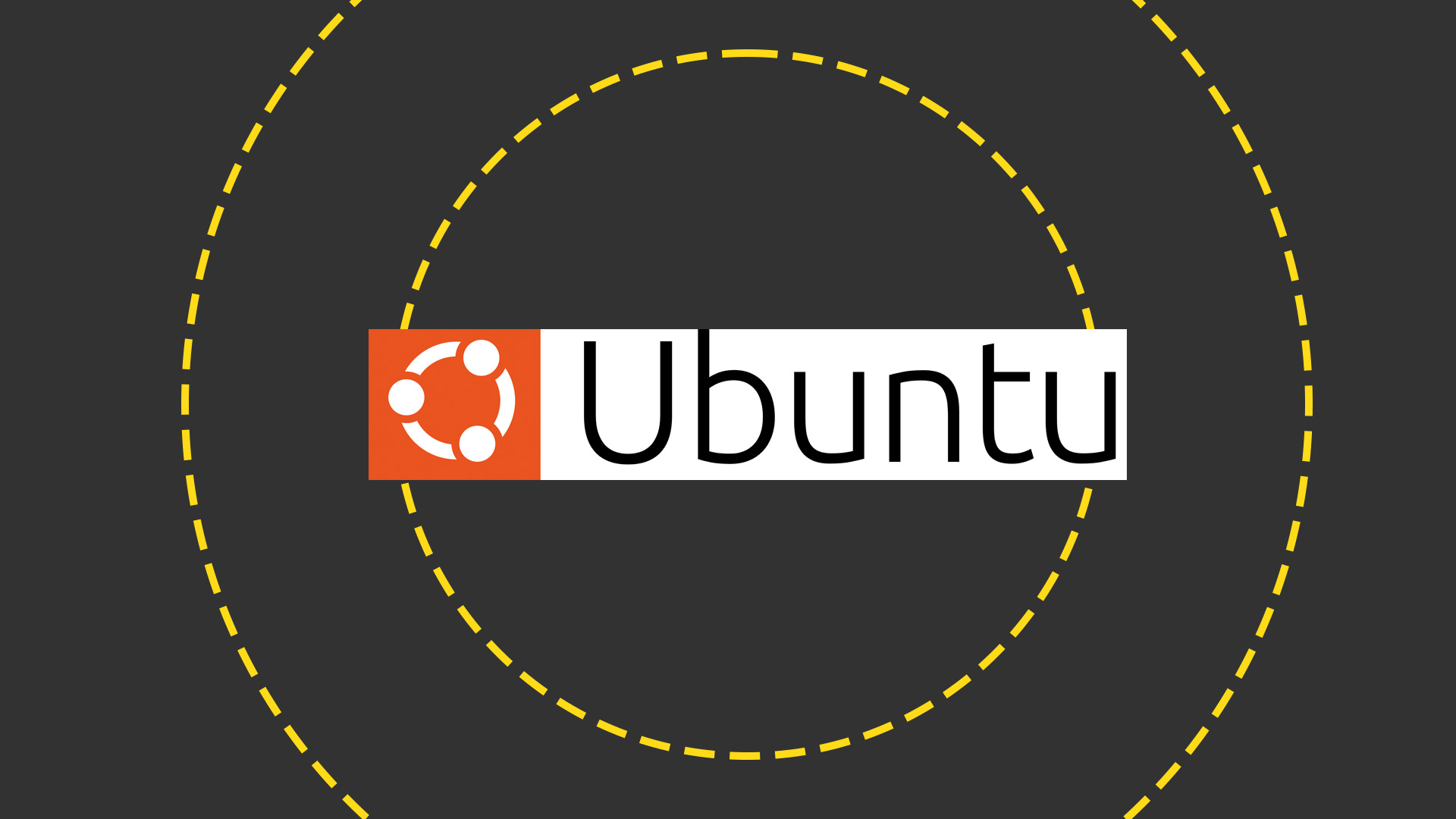
Ubuntu Server
Canonical has positioned Ubuntu as the enterprise-ready server distro for all kinds of businesses and budgets. It's incredibly easy to roll out a wide range of secure and fully functional servers from its packages.
It's also free and conspicuously quick when it comes to security updates. Long Term Support versions get five-year security, an extra five years of extended security maintenance (ESM) guarantees for Ubuntu Pro subscribers, plus an extra couple of years of legacy support.
Ubuntu remains free for everyone, but you'll notice adverts in your package manager for Ubuntu Pro. As well as ESM, Ubuntu Pro, which is free for up to five systems, adds extra repositories to Ubuntu. These include Ubuntu Security confirmed fixes for packages in the broad universe repository (all main and restricted packages for Ubuntu already get this for all users).
Ubuntu Pro is intended for server use, and while many admins will be happy to periodically upgrade versions, this 10-12-year lifespan makes it a useful alternative to Red Hat Enterprise Linux's maintenance and extended life phase periods.
Canonical also offers commercial support contracts. The distro's popularity means that it's widely supported by third-party support firms and community forums, and the Personal Package Archive (PPA) system means that developers are able to easily ship the latest versions of their software to the platform.
Not that, although Ubuntu PPAs can't be used with Debian, from which Ubuntu is forked, they will work with most downstream distros based on Ubuntu.
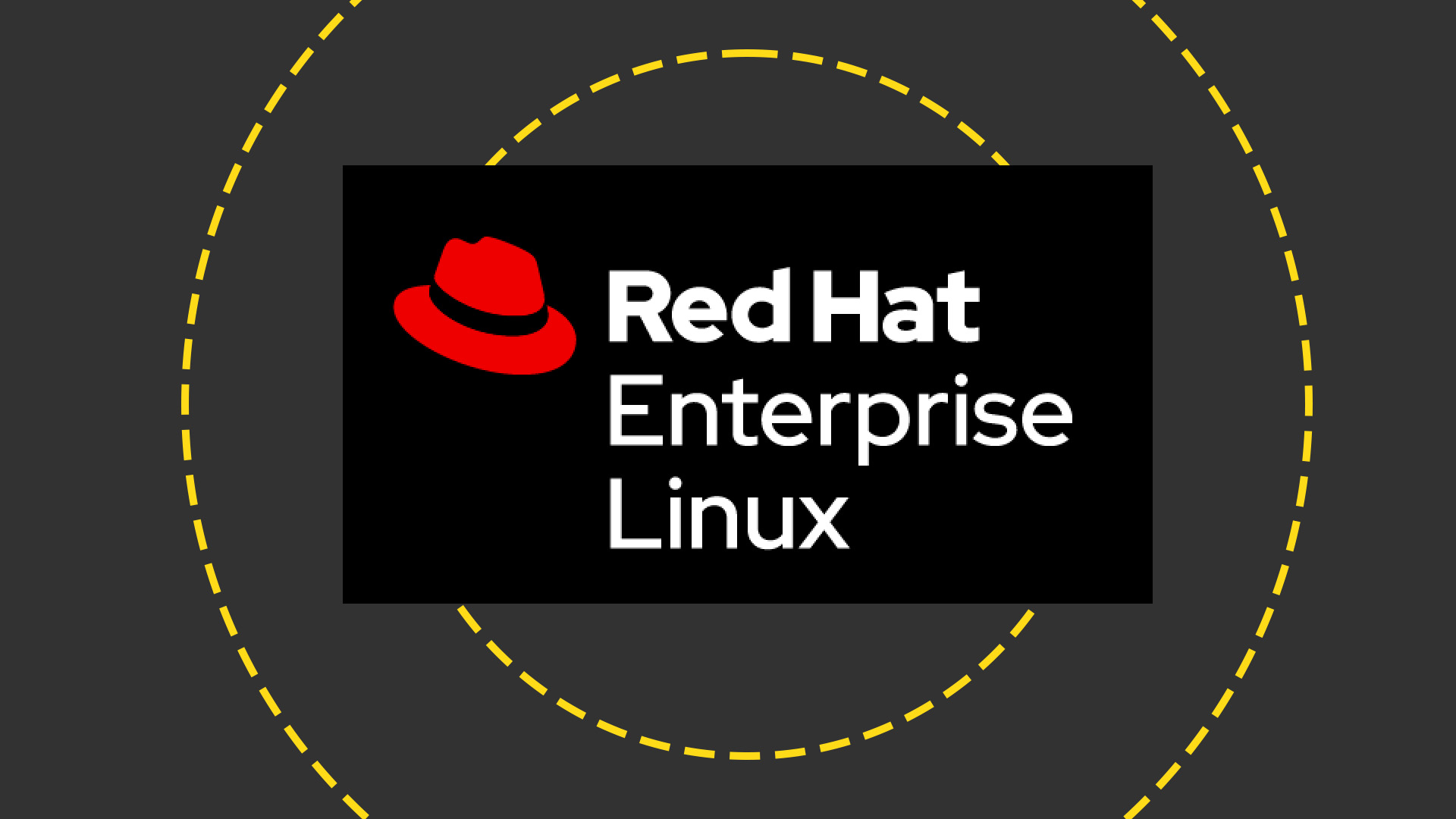
Red Hat Enterprise Linux
Red Hat Enterprise Linux is synonymous with big business, not least because it comes with a significant subscription cost. For your money, you get rigorous testing, fast security updates, and 10+ years of extended support.
Although RHEL's source code is technically open, the company uses significant non-free, trademarked, and proprietary elements, as well as restricting customers from distributing its source code in a move that's been heavily criticized by the open source community.
You need a subscription to access RHEL repositories and updates. Red Hat emphasizes security, hands-on subscriber support, and regulatory-compliant technologies and certification. Its developers also put a lot of effort into its enterprise-grade GUI, which can be more comfortable for those who'd rather not do all their configuration at the command line.
The now-discontinued point release version of CentOS, a community distro sponsored by and affiliated with Red Hat, used to be the first choice for consumers seeking a free and fully open alternative to RHEL. However, it's been discontinued, and Red Hat's increased restriction of access to its source code means that proposed alternatives such as Rocky Linux and Alma Linux face challenges in maintaining feature equivalence with RHEL.
RELATED WHITEPAPER

The nearest free alternative is now Red Hate blessed CentOS stream, a "midstream" distro that takes features from Fedora, upstream of it, and feeds them into RHEL, downstream of it. However, it's a rolling release rather than an LTS point release distro, which has adverse implications for long-term consistency and stability in production environments.
All this leaves RHEL itself as the best option for consistent, long-term stability for anyone who requires a Red Hat-based Linux distribution for business use. Fortunately for SMBs, the no-cost version of RHEL has been expanded to compensate for the loss of traditional CentOS, allowing individual developers and small teams with up to 16 production systems to get a free subscription, providing access to the distro's update repositories. However, that's a hard limit, that growing businesses should bear in mind.

Amazon Linux
Amazon's own Amazon Linux – the version at the time of writing, in mid-2024, is Amazon Linux 2023, is designed to work optimally on the cloud service provider's platform. It supports all features of Amazon's EC2 instances and its repositories include packages designed to seamlessly integrate with AWS's many other services. Long Term Support versions are available, making it an appealing CentOS replacement, as long as you're happy moving your machines to the AWS cloud.
The previous LTS version, Amazon Linux 2, remains available for compatibility with existing deployments, although some comparatively outdated features and characteristics, including a hard dependency on Python 2.7, mean that you should use the latest version of AL2023 wherever possible.
Although its VM image and containerized versions are designed first and foremost for deployment on AWS, you can download VM images for on-premises use if you want them.
While the first generation of Amazon Linux was based on CentOS, current versions are now built on Fedora but respecced as a server distro.
Best security distros
Some people use Linux because it's free, or because it's fun to tinker with, or because they don't like being beholden to a large corporate entity. Others use Linux for security: either to maintain it or to test it. There are a number of distros designed for those who want to lock down their privacy and security at all costs, as well as distros built for infosec professionals who need to make use of more specialized tools.

Kali Linux
Built for penetration testing, vulnerability assessment, and other red-team-oriented security tasks, Kali is definitely not an appropriate choice for an everyday desktop distro. That doesn't mean it lacks quality-of-life features, though. It's based on Debian and includes the lightweight Kali Linux Desktop environment (based on the Xfce window manager) by default, with GNOME and KDE Plasma versions also available.
Nice though the UX is, it's the ready-to-go security tools that Kali's users are here for. A wide range of 32- and 64-bit images for a range of platforms and use cases are available, from password cracking to VoIP research and RFID exploitation. Kali ships with up to 600 security tools, but there are vanishingly few use cases that will call for all of them. Specialist hardware support includes Kali NetHunter for Android devices and a range of ARM images.
There's a guide to help you work out which you need, and storage requirements range from 2GB to 20GB. If you opt for a minimal install, you can use metapackages to pull down exactly the toolkit you require. Paid-for customer support is also available from developer Offensive Security, which also provides courses and technical certification.
How we test
Our expert reviewers immerse themselves in each review they undertake to assess the quality of each product fully. For a desktop distro, this means a full installation of the software and a specific period of use. Only then can we arrive at a comprehensive assessment of quality. When reviewing a distro, we look at installation and setup, design, features, pricing, and comparisons with similar products.
FAQs
What is the best Linux Distro for Enterprise?
We recommend distros that offer stable long term support versions, and ones that are familiar enough that you can troubleshoot with out issues. As mentioned above, Red Hat and Ubuntu are the best on offer here – they are, unsurprisingly, also very popular.
How to choose the best Linux server distros?
To make the best choice for you and your business, you'll first have to consider its complexity, the support on offer, and whether it is easy enough to understand – do you have the right people in place to make it work?
Sign up today and you will receive a free copy of our Future Focus 2025 report - the leading guidance on AI, cybersecurity and other IT challenges as per 700+ senior executives
K.G. is a journalist, technical writer, developer and software preservationist. Alongside the accumulated experience of over 20 years spent working with Linux and other free/libre/open source software, their areas of special interest include IT security, anti-malware and antivirus, VPNs, identity and password management, SaaS infrastructure and its alternatives.
You can get in touch with K.G. via email at reviews@kgorphanides.com.
-
 I couldn’t escape the iPhone 17 Pro this year – and it’s about time we redefined business phones
I couldn’t escape the iPhone 17 Pro this year – and it’s about time we redefined business phonesOpinion ITPro is back on smartphone reviews, as they grow more and more intertwined with our work-life balance
-
 The gig economy: Past, present, and future
The gig economy: Past, present, and futureFeature The rise of the gig economy represents a new era of flexible working despite being plagued with controversies
-
 "We got lucky": What the XZ Utils backdoor says about the strength and insecurities of open source
"We got lucky": What the XZ Utils backdoor says about the strength and insecurities of open sourceAnalysis The XZ Utils backdoor could’ve caused serious problems for Linux, but luckily a developer spotted the malicious code and prevented disaster
-
 Linux just hit an all-time high share of the global desktop market — and surging popularity in India is driving uptake of the open source operating system
Linux just hit an all-time high share of the global desktop market — and surging popularity in India is driving uptake of the open source operating systemNews Linux is still dwarfed by operating systems such as Windows, but it’s making modest gains off the back of growing popularity in emerging markets
-
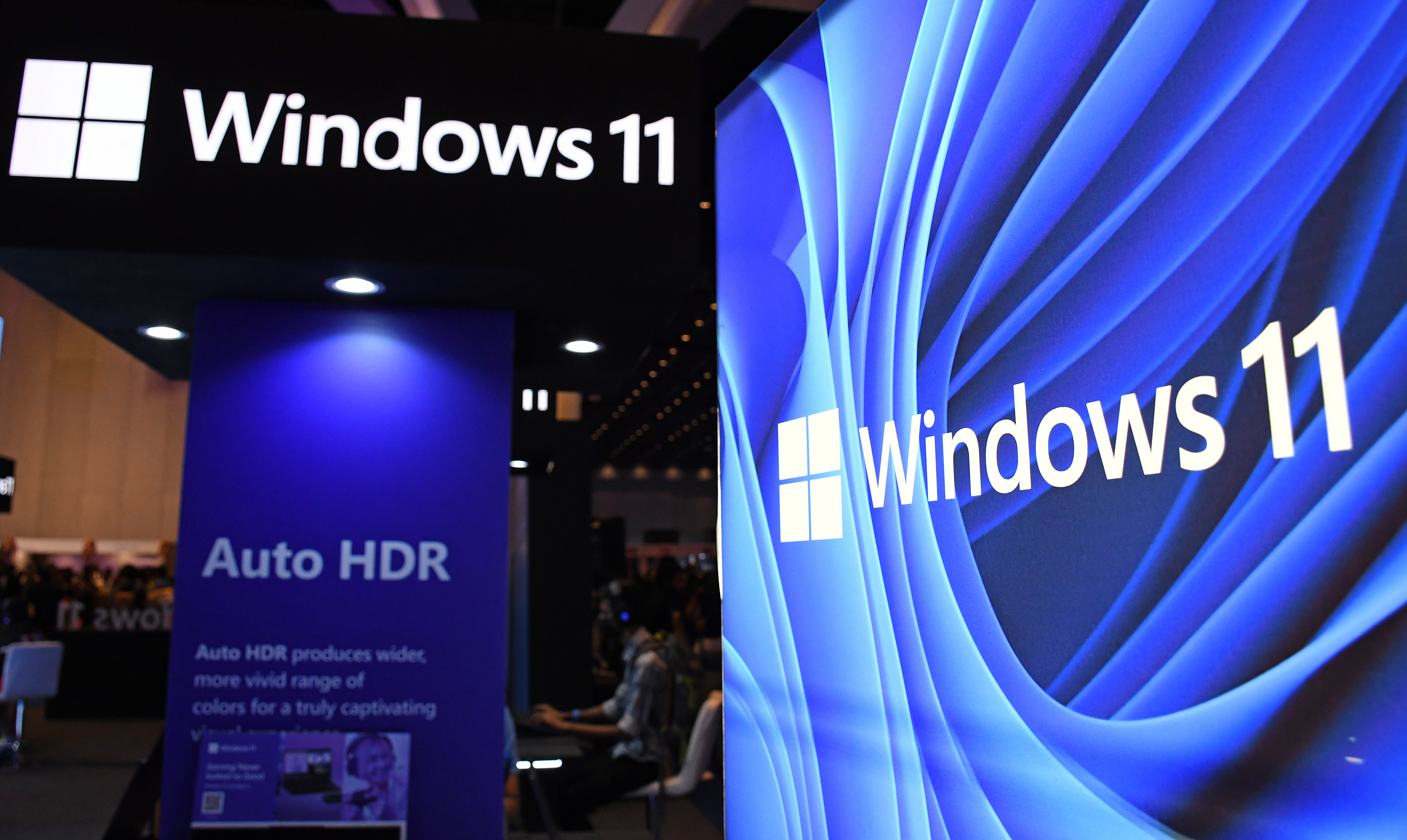 Windows is getting its own Sudo command, just like Linux - here’s what you need to know and how you can use it
Windows is getting its own Sudo command, just like Linux - here’s what you need to know and how you can use itNews The Sudo for Windows command feature might make life a little easier for administrators - so long as they are aware of the potential security risks
-
 Linux Blue Screen of Death gives users a taste of the dreaded Windows feature
Linux Blue Screen of Death gives users a taste of the dreaded Windows featureNews The Linux Blue Screen of Death has been added in a recent update
-
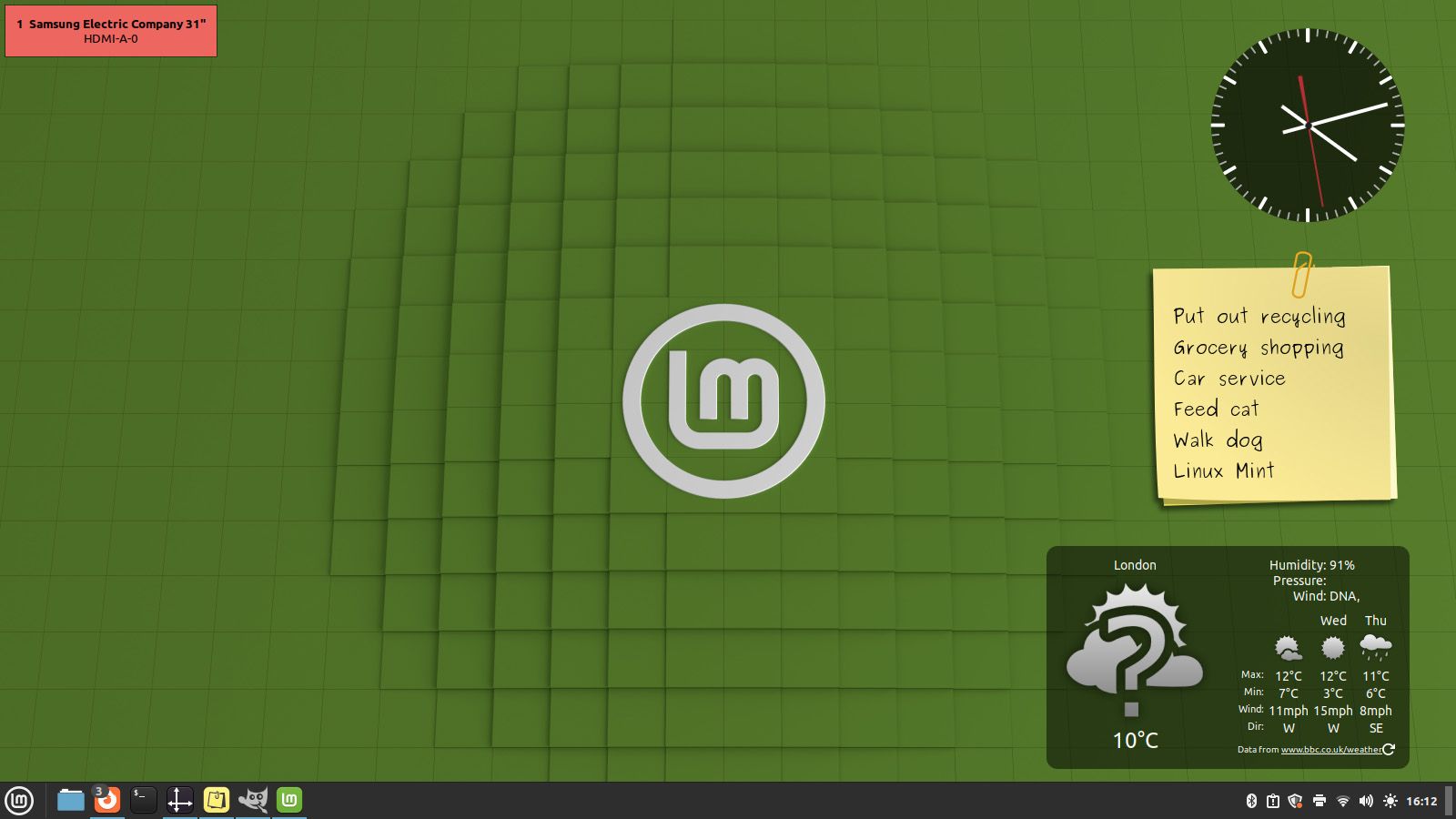 Five things to consider when switching to Linux Mint
Five things to consider when switching to Linux MintIn-depth A guide to what you'll need to think about if you switch your old laptops to Linux Mint
-
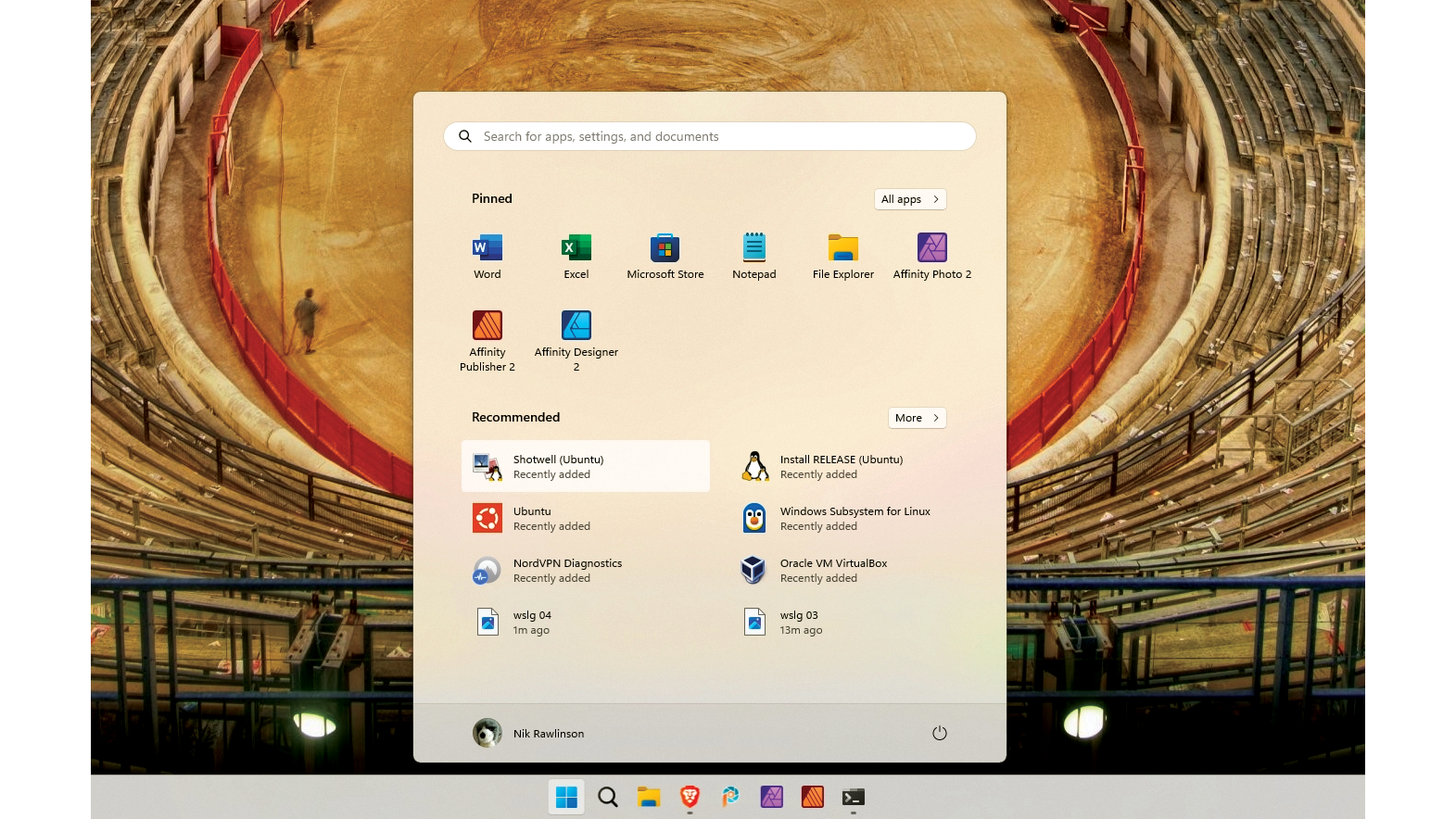 How to run graphical Linux applications in Windows
How to run graphical Linux applications in WindowsIn-depth Why limit yourself to one software library? ITPro finds out how to run Linux software natively on Windows
-
 Slackware celebrates 30 years in the Linux distribution world
Slackware celebrates 30 years in the Linux distribution worldNews The veteran distribution is remembered fondly by long-time Linux users, despite its decreasing popularity
-
 AlmaLinux follows Oracle in ditching RHEL compatibility
AlmaLinux follows Oracle in ditching RHEL compatibilityNews Application binary compatibility is now the aim with 1:1 now dropped
